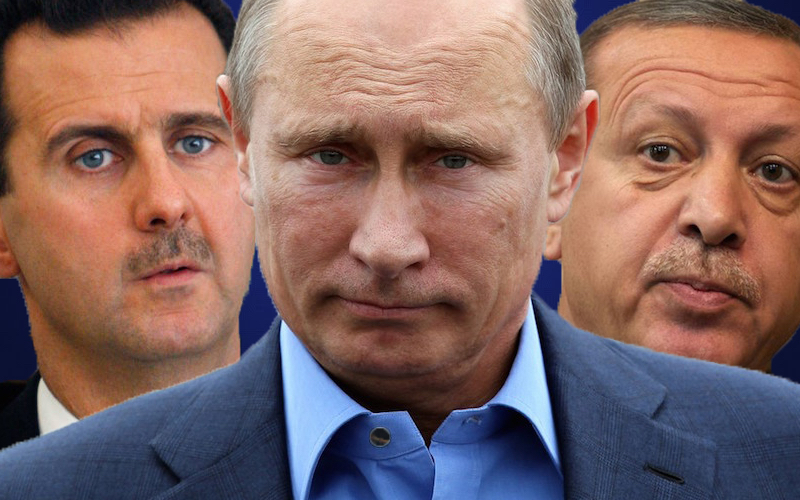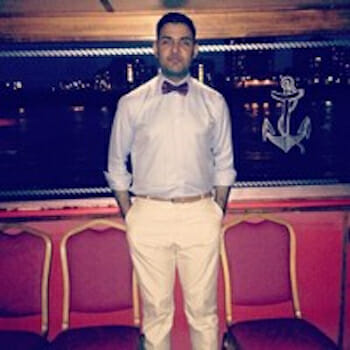
My Dear Friend Vladimir and I…
The concept of ‘interest’ goes back to the earliest stage of evolution of the modern state system in the sixteenth and seventeenth century. Interest acts as the organizing principle for states to act in a certain manner in the international community. Hence, it is rightly argued that in international relations, no state has permanent friends or enemies; they have permanent interests. This can be discerned from the recent unexpected meeting of Recep Erdogan and Vladmir Putin on August 9.
For many this meeting came as a surprise and rightly so. Diplomatic ties between the two countries took a dip in November 2015 when Turkey shot down a Russian fighter jet on its Syrian border. Putin reacted by putting sanctions on Turkish businesses, banning Turkish imports and Charter flights. Russian state media even accused Erdogan of having links with ISIS.
Just to put things in perspective, according to a poll held earlier this year, Russians listed Turkey as the third-greatest enemy after the United States and Ukraine. Fast forward to June, Erdogan made overtures to normalize relations with Russia to break his country’s international isolation. The failed coup attempt acted as the final impetus for Erdogan to accelerate the matters. Soon after the coup attempt, Turkish Foreign Minister Mevlut Cavusoglu thanked Putin for his “unconditional” support “unlike other countries.” While Erdogan was enthusiastic during the talks, Putin was more cautious but both leaders agreed that relations between the two countries should return to pre-crisis level of cooperation.
Soaring anger towards the United States in Ankara is the key contributor towards this rapprochement between Turkey and Russia. Relations between Turkey and the West, especially the U.S. became worse after the failed coup attempt. Ankara has blamed Fethullah Gullen, a Turkish cleric who lives in self-exile in the U.S since 1999 as the mastermind behind the failed coup and has demanded his extradition. Erdogan’s drive to extradite Gulen to Turkey has been infused with unbridled anti-Americanism. Turkish state media condemned the “lack of support” from the West after the failed coup and some even went as far as publishing blatant conspiracy theories implicating President Obama as the mastermind behind the coup attempt.
The current dialogue will focus on economic cooperation between Ankara and Moscow. This would include Erdogan’s provision of “strategic investment” status to the Russian project in Akkuyu and the decision to resuscitate the Turkish Stream gas pipeline along with a generic mention of defense cooperation. For Putin, this provides a golden opportunity to undermine the EU and NATO by creating a further wedge between a disgruntled Turkey and an indifferent EU.
More importantly, this thaw in relations could prove to be significant in bringing Russia and Turkey to an understanding on the Syrian issue. From the very start, Russia has been a loyal supporter of Bashar al-Assad’s regime in Syria and Turkey has either stayed out or supported his enemies. This Syrian policy seemed to have changed when in May this year, the newly appointed Prime Minister of Turkey, Binali Yildrim said that “this meaningless war caused the lives of hundreds of thousands of our brothers.” This signal of change in policy inclined Russia towards softening its stance on Turkey. Putin reciprocated by appearing co-operative on this issue as he reiterated, “I believe that finding a common approach is possible, at least because we both want the crisis to end.”
Considering the current situation, it is obvious that Erdogan needs Putin more than Putin needs Erdogan. Erdogan requires all the support he can get internationally to treat his increasing isolation while Putin could use this opportunity for geopolitical maneuvering. Either way, people in the power corridors of United States, Europe and Damascus will be watching this new development unravel very intently.

